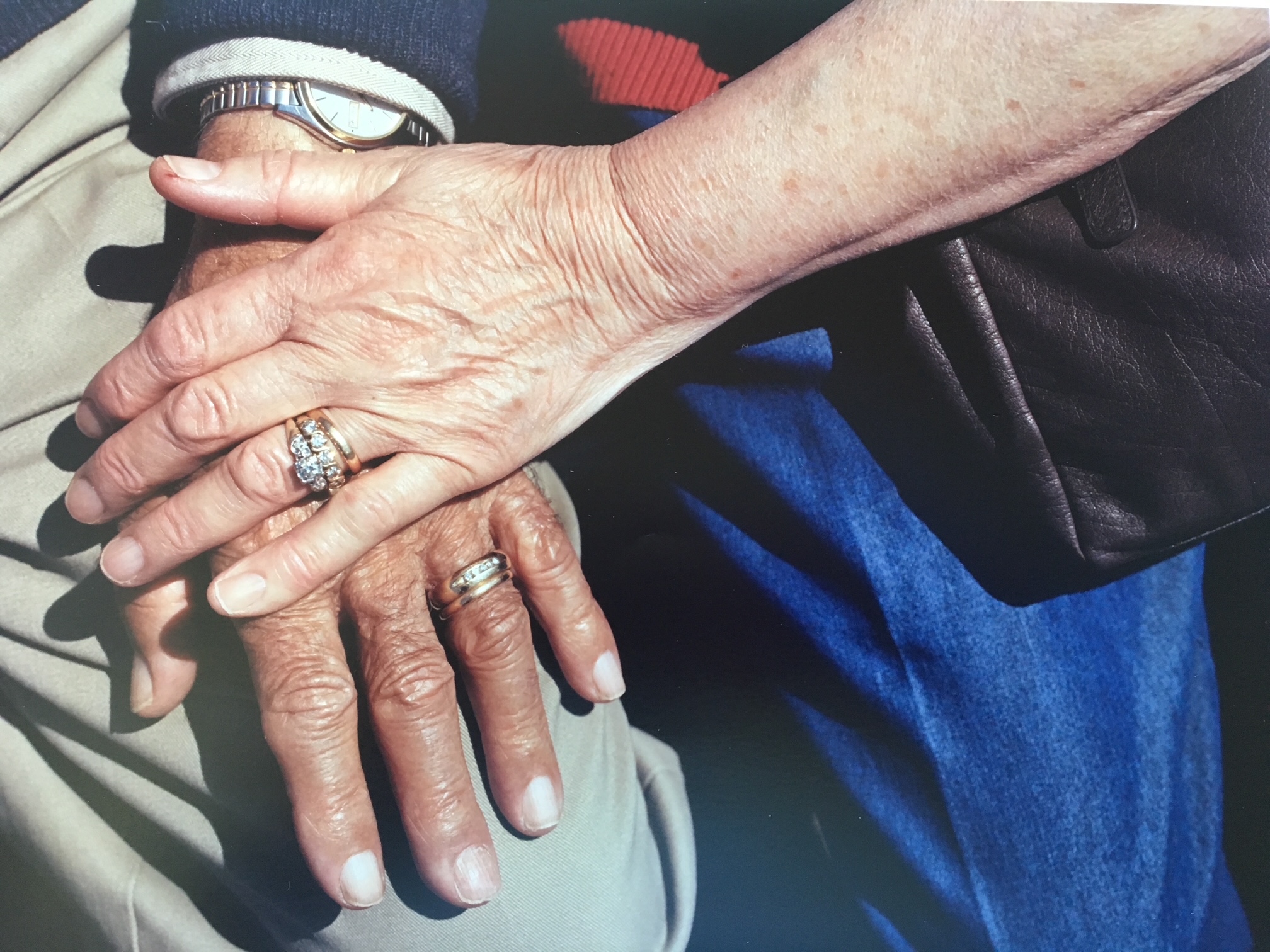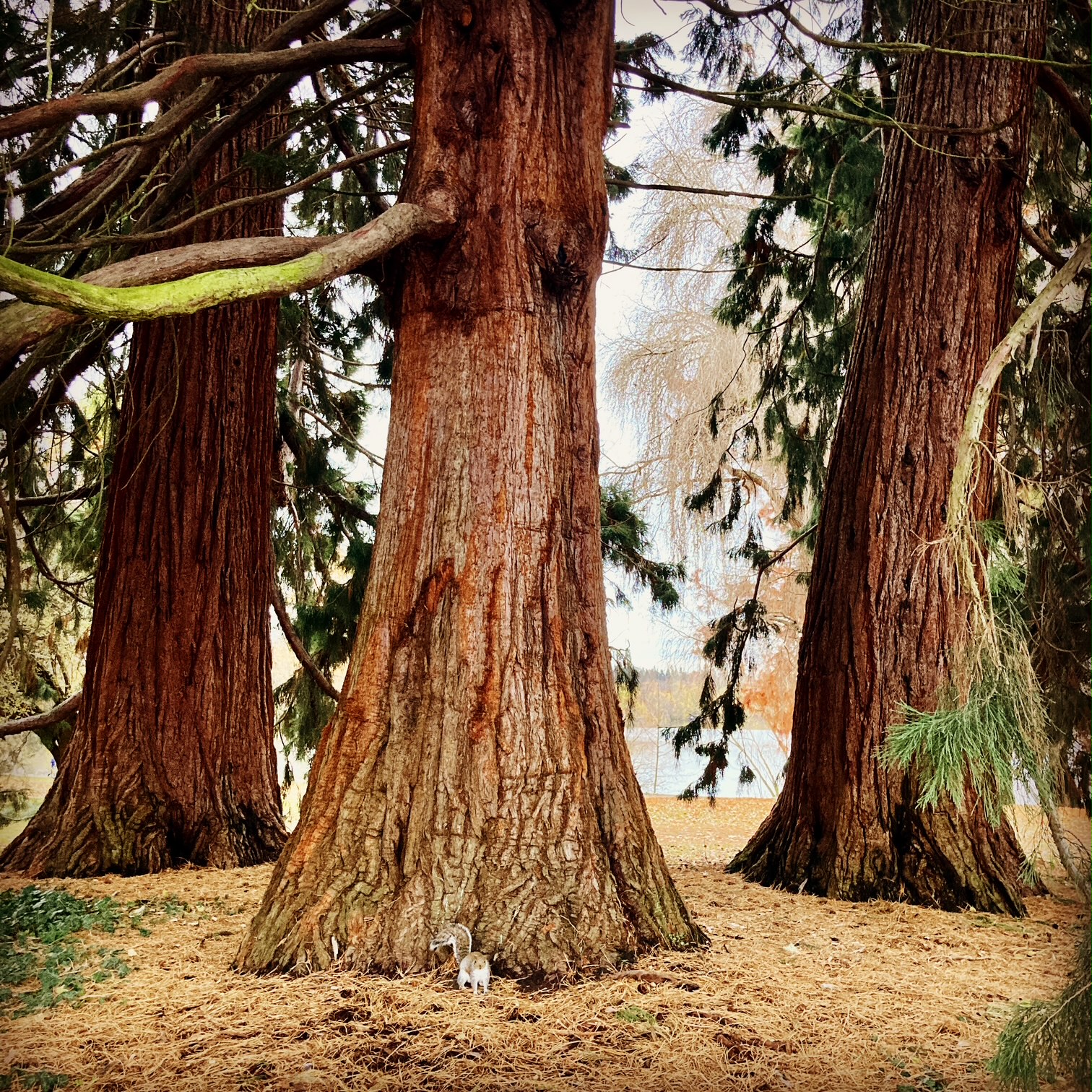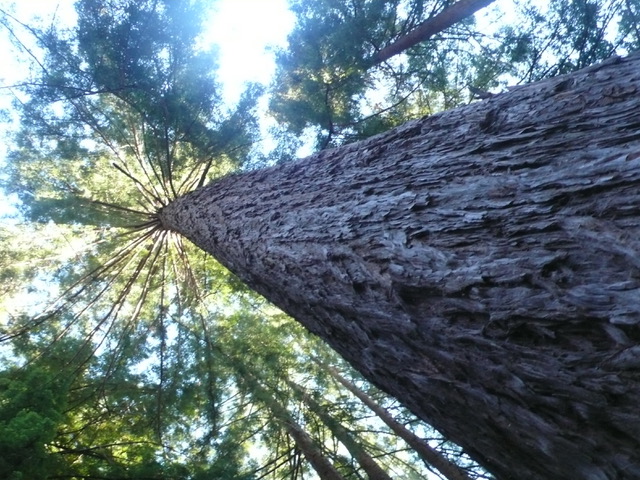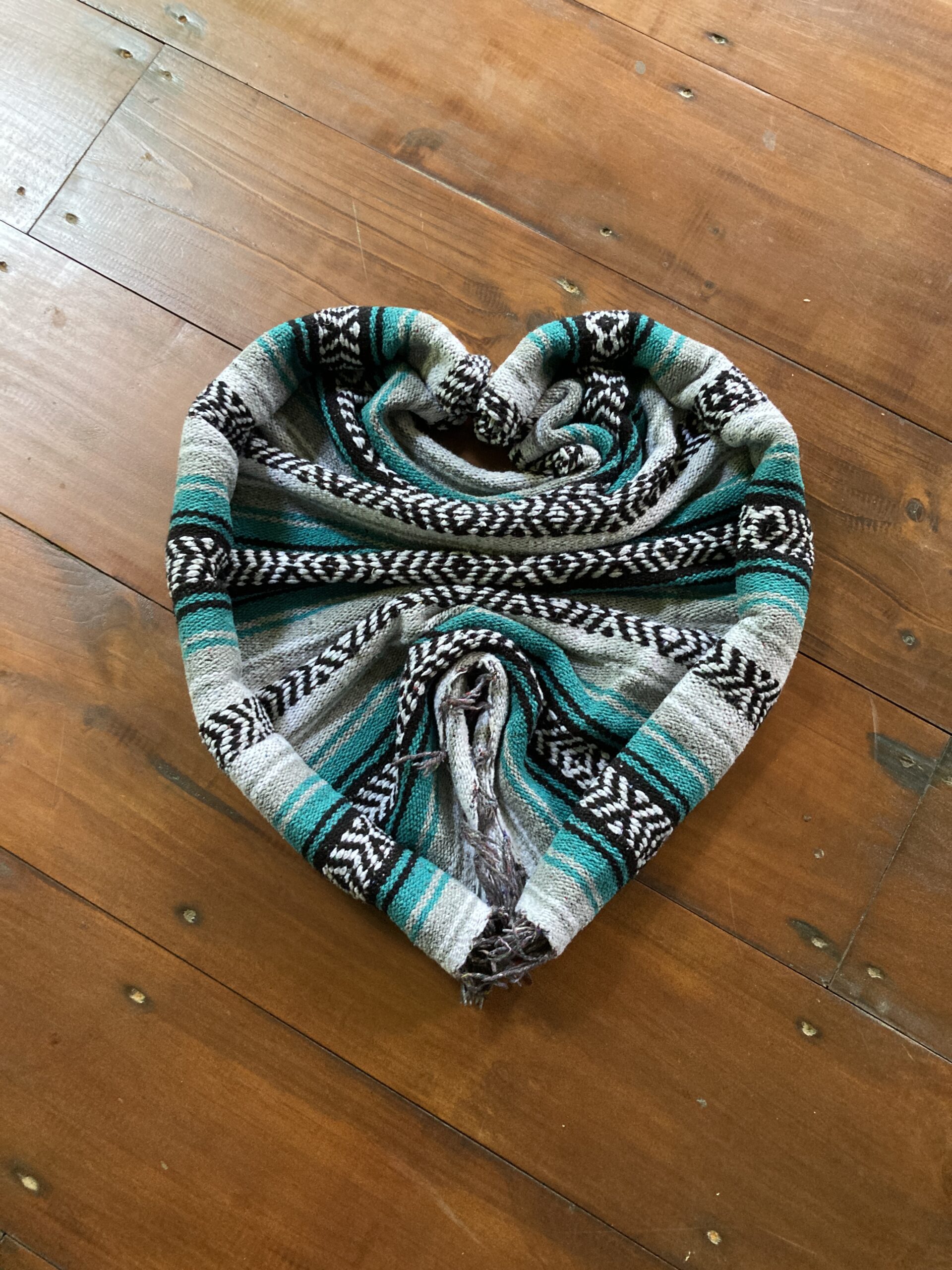It’s already December! Have I really been back from Japan for almost a month now?
On the first day the group was together in Japan, I gave everyone an index card containing a haiku translated into English. Each haiku had an autumn theme. I asked everyone, if possible, to capture an image with their cameras to match their particular haiku.
A haiku poem traditionally contains a specific image which becomes a symbol for a given season. For example, crows, red dragonflies, colorful leaves, full moon, moonlight, bamboo, sake, frogs, wild geese, cranes, and herons are common images or symbols for autumn haiku. It was a tough assignment I gave out. It was not always possible or easy to capture the simple-yet-rich imagery depicted in the haiku.
I did, however, receive the following examples of Autumn Haiku with their corresponding photos below.
The first haiku below is the one I assigned myself (!). I thought it would be easy to find a lone empty road, but I couldn’t seem to find what I wanted. Instead, I captured the lonely beauty of the ancient cemetery at Mt. Koya. The tombstones, tilted drunken sentinels standing watch next to ancient trees atop the forested mountain, were covered in moss. Instead of a road, there was a footpath running the length of this vast cemetery. I certainly would not want to brave this path alone at night.
Not one traveller
braves this road –
autumn night.-BASHO

Lonesome path. Cemetery at Mt. Koya. The five stacked stones represent the five elements Earth, Water, Fire, Wind/Air, Space.
And Jeff was the first to submit a photo for his haiku! Here is his assigned haiku and his photo from the bamboo forest:
Moonlight slants through
The vast bamboo grove:
A cuckoo cries-Basho

Jeff’s photo of the bamboo forest
Bill was not able to photograph the solitary leaf of a kiri tree while in Japan, but when he returned to Vancouver, BC, he saw an image which would help him investigate the loneliness Basho describes:
Come, investigate loneliness
a solitary leaf
clings to the kiri tree-Basho

Bill’s photo of the solitary leaf







This is an intriguing and enigmatical assignment. Wonderful, thoughtful answers! I think Fran should make this assignment a tradition. Japan truly is a hauntingly beautiful place! Quite takes my breath away, awe-inspiring.
Thank you so much for sharing these Haiku experiences. It helps me understand the beauty of this form of communication. What a wonderful experience you had in Japan. Your photos and stories are beautiful. Thank you. Jeanne
magical, thank you for sharing these beautiful, deep responses
Nice. Yes, one step into haiku and the sense that they’re easy abates. Be ready at all times with pen and/or camera. It’s a practice, a soft rigor, an eye or an ear always on the alert.